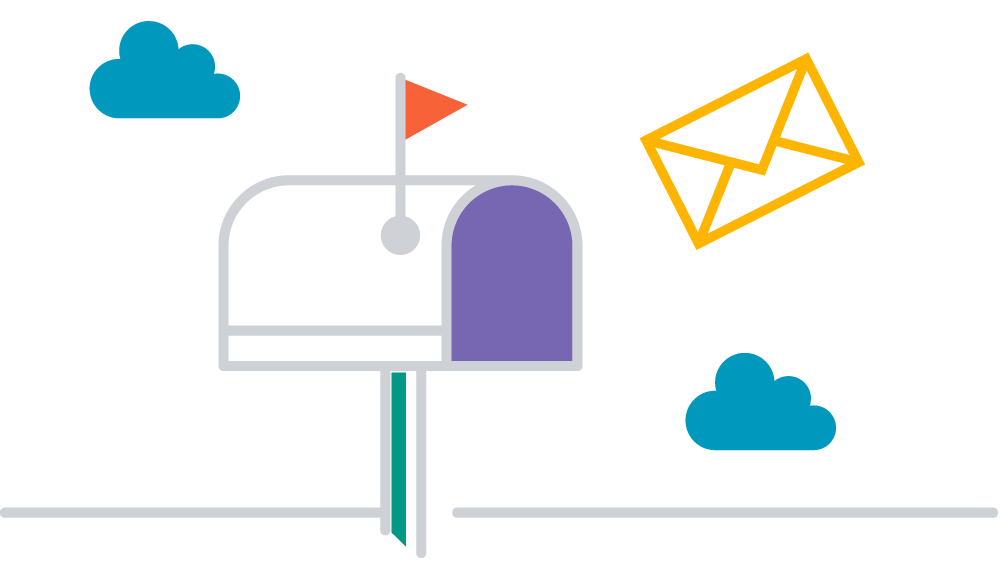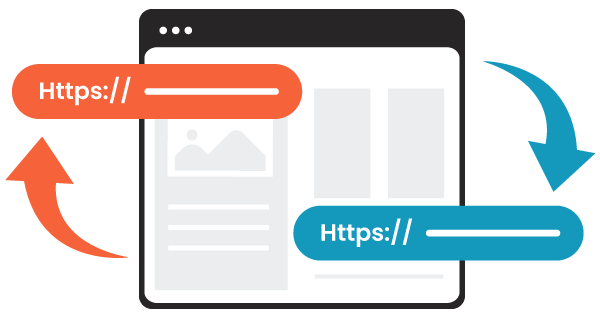Providers of human services often have deep, personal connections to their work. Spending our days improving the health and wellbeing of people and communities can be incredibly rewarding. But how can we be confident that our efforts are effective?
The answer lies in the data we capture and how we analyze it.
What Does It Mean To Measure Nonprofit Impact?
Measuring a nonprofit’s impact refers to the process of evaluating the effectiveness of a nonprofit organization in achieving its mission and goals. This involves analyzing data that yields insights into the outcomes and results of the nonprofit’s programs, initiatives, and activities. By examining a mixture of quantitative and qualitative data, health and human services organizations can tangibly understand how resources are making a difference.

Why Is Measuring Nonprofit Impact Important?
Measuring the impact of your nonprofit organization is critical in the planning, execution, and improvement of the organization’s services, processes, and organization for many reasons.
Grant reporting: Many grants come with stipulations of required quarterly or annual grant reports. These reports help grantors see how their grant money has been used, and what outcomes were made possible as a result of their fund allocation. These annual reports may have an impact on future funding, depending on their contents.
Fundraising: Nonprofit aggregator sites like Charity Navigator, CharityWatch, and GuideStar help potential donors, sponsors, and volunteers determine which charities and nonprofits are worthy of support. Sponsors and donors may have to get charitable donations approved by board members who want proof the donation will be used well. Having reports ready to share with these sites and funders can maximize charitable giving locally — or from users all over the internet.
Public relations: Doing work in the community is easier and more effective with the support of said community. People in need of services and support are less likely to accept assistance from people or entities they don’t trust. Volunteers are less likely to work with organizations they don’t view as effective. Reporting helps every member of the community make better informed decisions about donating their time and money.
Process improvement: Even if your organization has no reporting requirement or obligation to outside stakeholders, program evaluation helps organizers invest their limited time and funds more effectively. Ongoing analysis helps ensure that strategic plans and operations are those most aligned with the organization’s mission.
Learn More About How You Can Leverage the Power of Data
Once baselines and benchmarks are defined, and metrics for success are identified, it’s easy to evaluate whether or not a program is effective, or if its strategies require adjustments. But doing so does require the continual collection of data and the right system in place to amass that information.
Download Our White Paper
Download our white paper, “Increase Your Funding With 3 Essential Data Questions,” to learn more about how data can improve engagement with funders, volunteers, individuals you serve, and whole communities.
CaseWorthy’s purpose-built, customizable case management software keeps all of your nonprofit’s data in one place, making it easily accessible and interconnected. We are constantly learning about how technology can have a hand in improving the lives of individuals and communities, and we’d love to share what we’re learning.
If your organization is looking to grasp the power of data to improve operational efficiency, boost transparency, and increase funding, talk to the human services experts at CaseWorthy. We would love to share what we know and what we can do.


